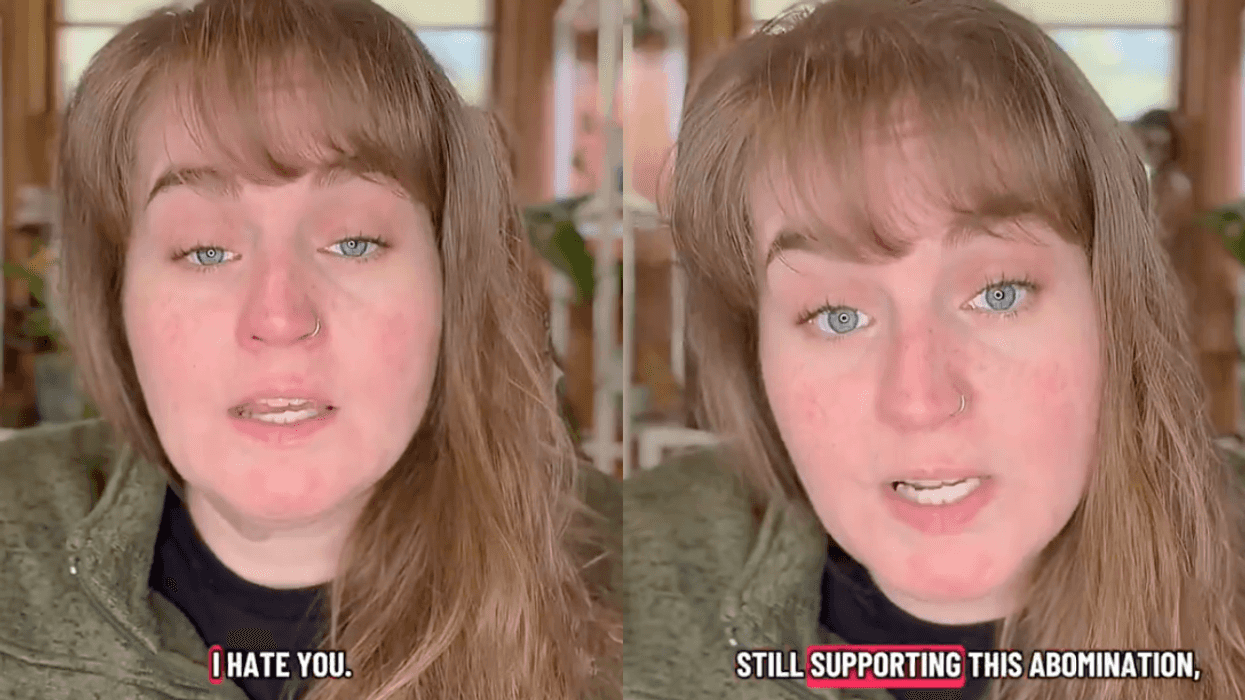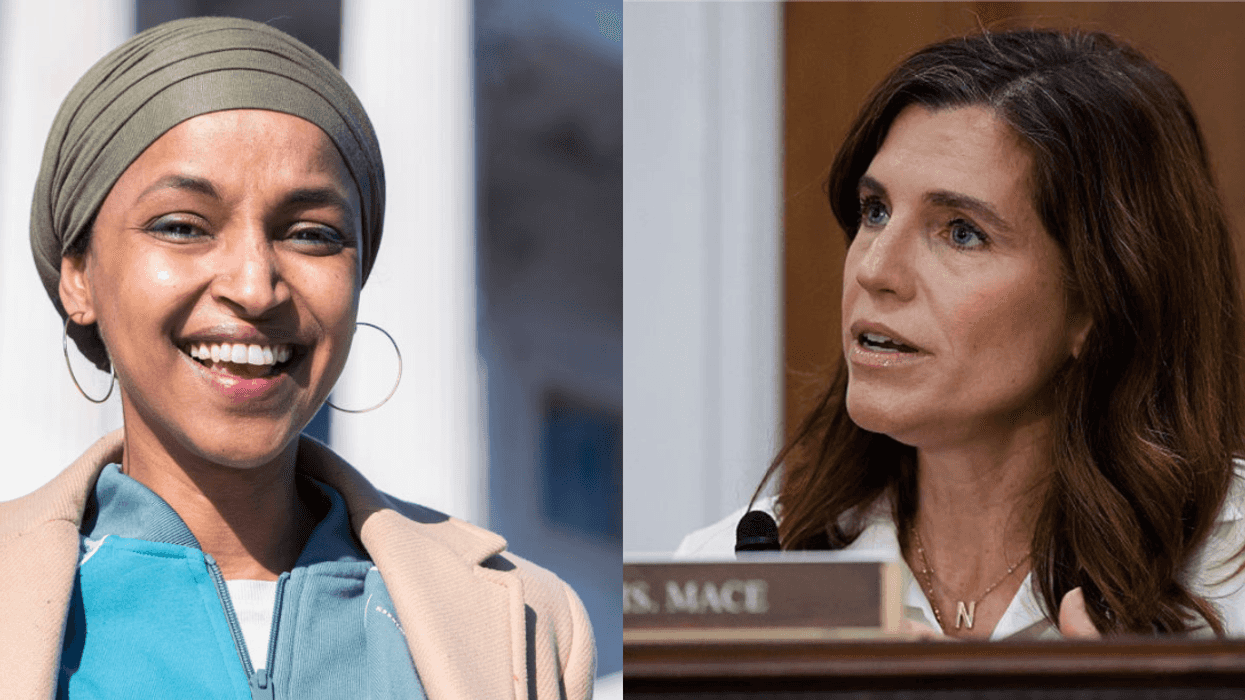To people from most states, the break even price of soybeans probably means very little. But if you live in Iowa, it's an ever-fluctuating number with a lot of impact on your daily life.
During a Senatorial Debate between Democrat Theresa Greenfield and incumbent Republican Joni Ernst, both candidates were asked about the break even price of some Iowa exports.
Greenfield—asked about the break even price of corn—knew the answer down to the cent and elaborated with how she planned on making prices even better for Iowans.
Ernst, meanwhile, earned the ire of her fellow Iowans by failing to answer her own question about soybeans.
She instead contradicted the person who posed the question and insisted she was also asked about corn. Then Ernst missed the price of corn by almost $5 before accusing Greenfield (who had already answered correctly) of getting her question wrong too.
The moderator corrected Ernst, but she argued with him as well.
On Twitter, South Bend Mayor and former Presidential candidate Pete Buttigieg savored what he called the "most Midwestern moment in the history of televised Senate debates."
The clip was a very embarrassing one for Ernst.
The Senator is facing a tough race for reelection against Greenfield, who has a slight lead on Ernst in the polls.
Greenfield's supporters seized upon the opportunity to make their case for change in the Hawkeye State.
Though farming questions are rare in debates, you'd better know the answer if you're planning to represent Iowa.
For those of us who were a little lost, farming Twitter provided some context.
Many on Twitter felt that Ernst's devotion to Donald Trump left her a bit out of step with Iowa.
The race for control of the Senate has been just as tight as the Presidential election, and could come down to one or two seats which are currently considered toss-ups.
Americans are already voting to determine who will control Congress in 2021.

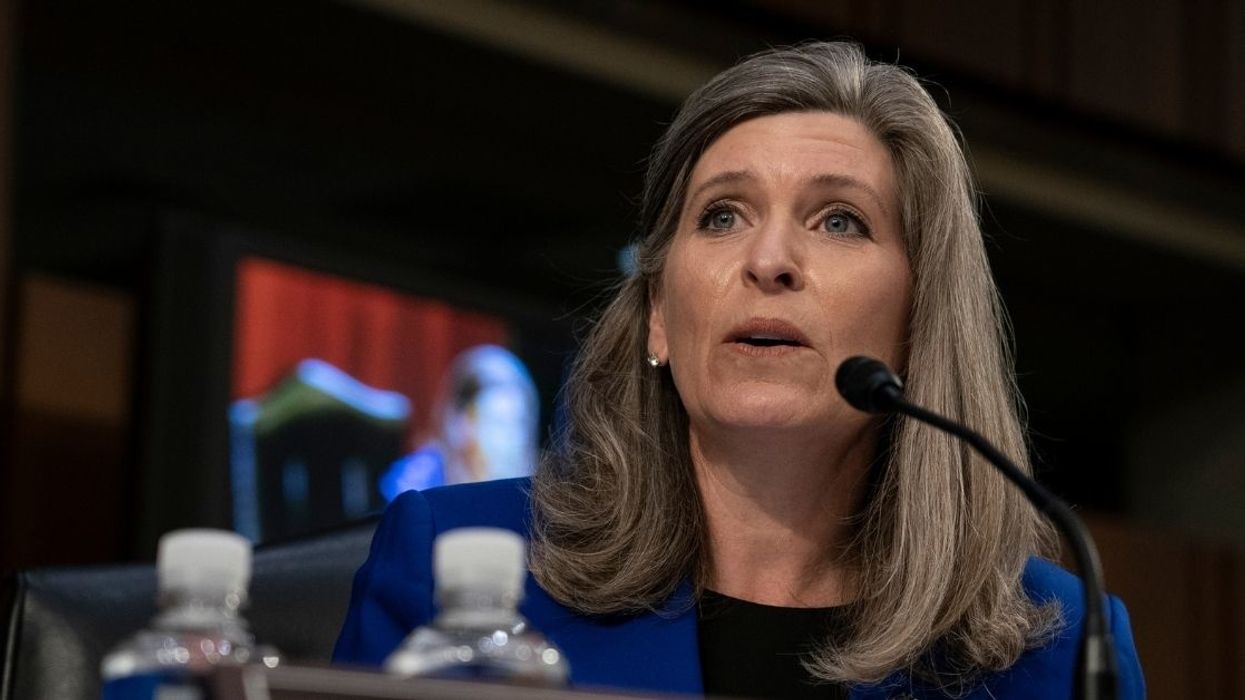


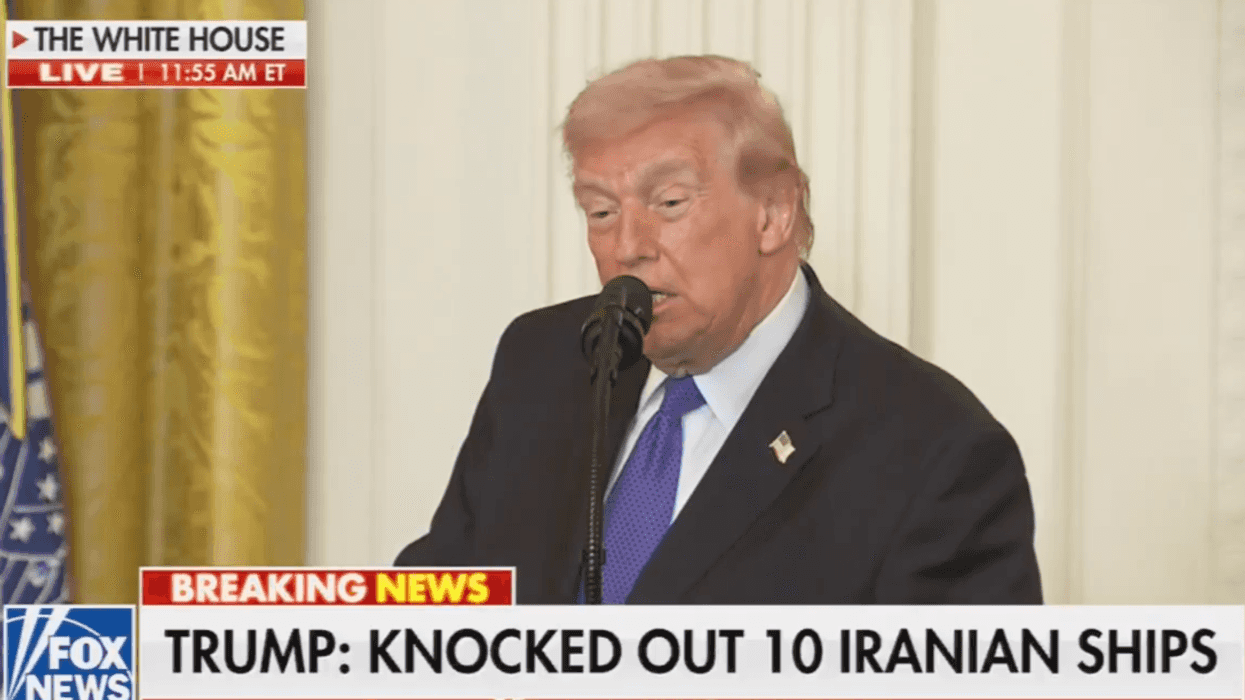

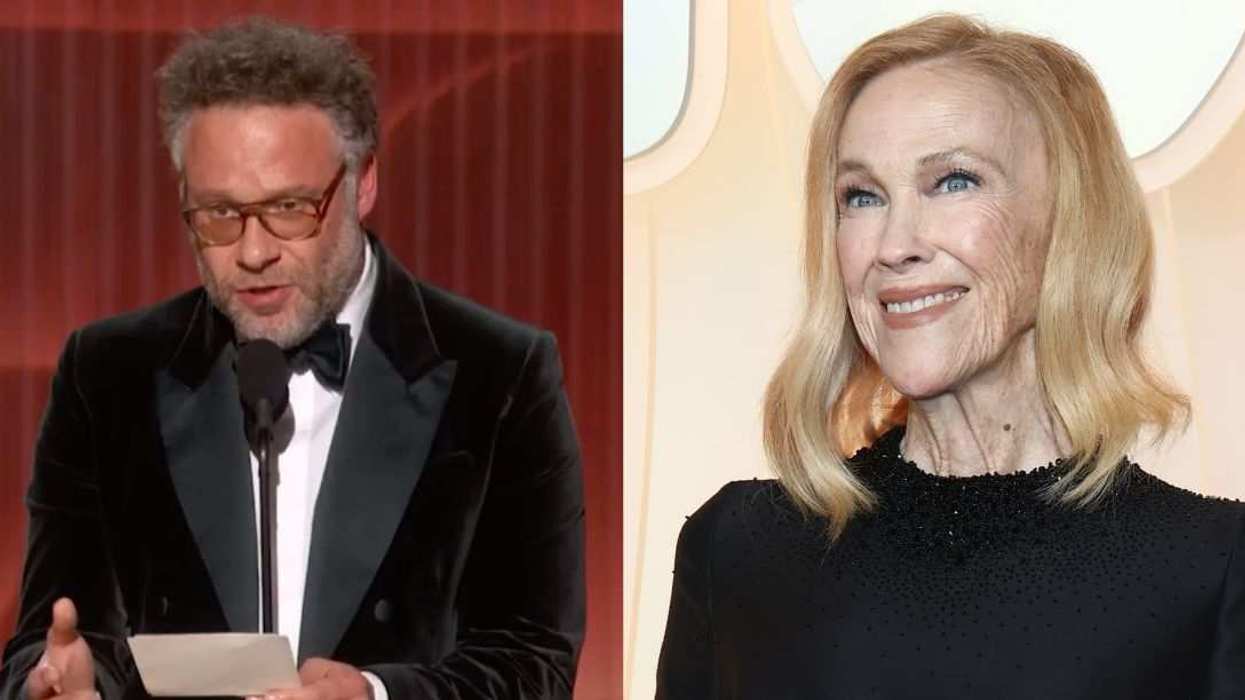

 @sko2535/Threads
@sko2535/Threads @hayderz/Threads
@hayderz/Threads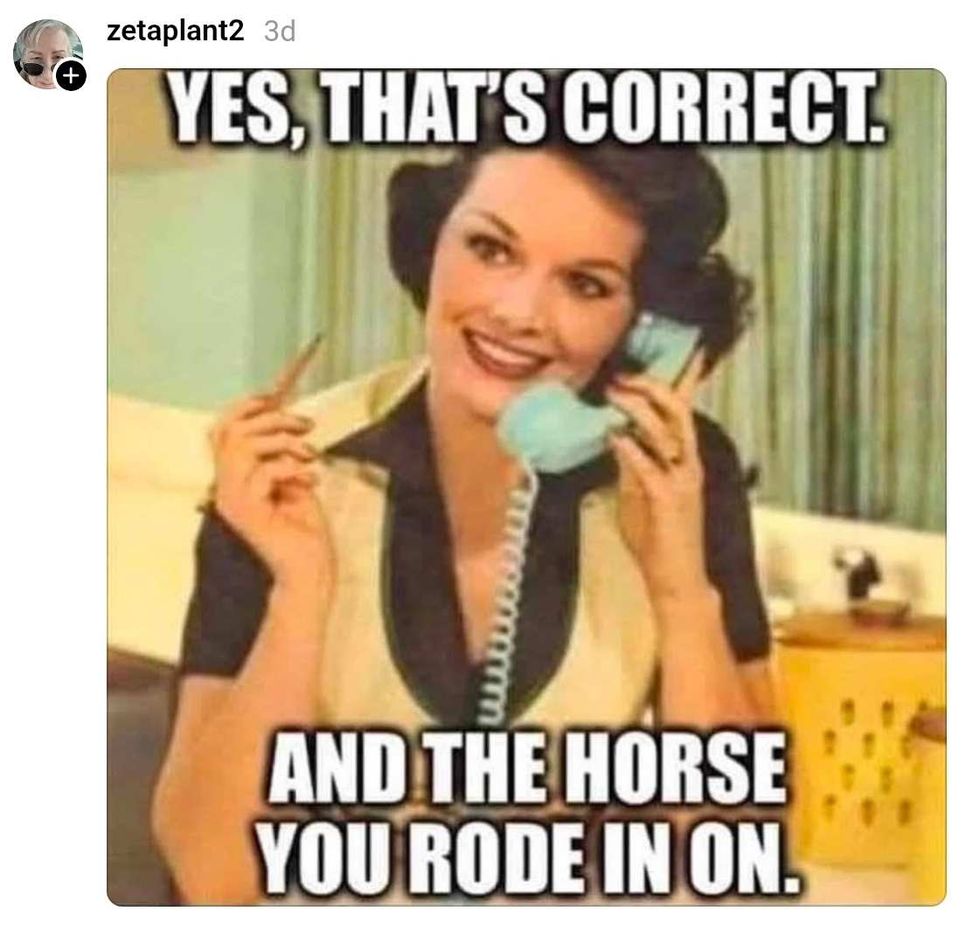 @zetaplant2/Threads
@zetaplant2/Threads @dark_elle_akalisa/Threads
@dark_elle_akalisa/Threads @freeasfox/Threads
@freeasfox/Threads @mygirlfriday007/Threads
@mygirlfriday007/Threads drbenwayoperates/Threads
drbenwayoperates/Threads




